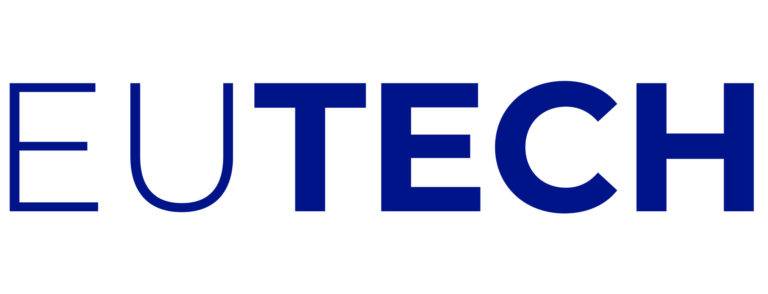
One of the most powerful and proven vehicles for sustainable development is to achieve inclusive and quality education for all.
A quality education is the one that focuses on the whole child—the social, emotional, mental, physical, and cognitive development of each student regardless of gender, race, ethnicity, socioeconomic status, or geographic location.
Over the past decade, major progress was made towards increasing access to education and school enrollment rates at all levels, particularly for girls. Nevertheless, more than half of all children and adolescents worldwide are not meeting minimum proficiency standards in reading and mathematics.
In 2020, as the COVID-19 pandemic spread across the globe, a majority of countries announced the temporary closure of schools, impacting more than 91 per cent of students worldwide. By April 2020, close to 1.6 billion children and youth were out of school. And nearly 369 million children who rely on school meals needed to look to other sources for daily nutrition. Never before have so many children been out of school at the same time. The global pandemic has far-reaching consequences that may jeopardize hard won gains made in improving global education.
EUTEC encourages countries, institutions, schools and entities to foster international collaboration to mobilize resources and implement innovative and context-appropriate solutions to provide education remotely, leveraging hi-tech, low-tech and no-tech approaches, facilitate inclusive learning opportunities for children and youth during this period of sudden and unprecedented educational disruption.
